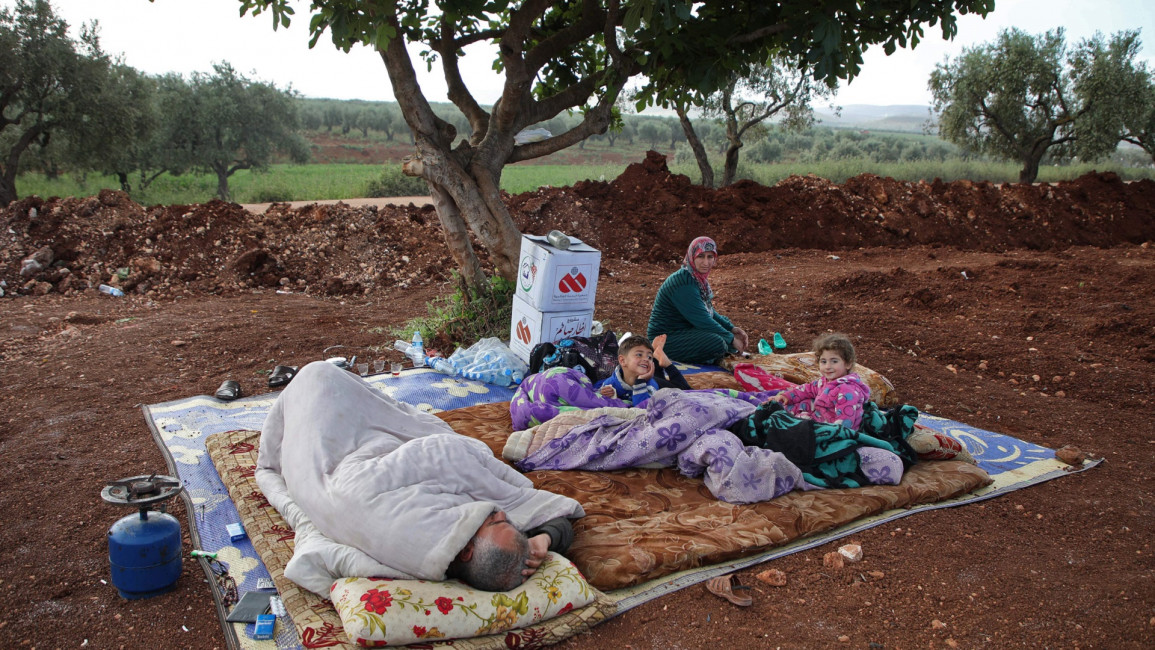Number of refugees tops record at almost 71 million: UN
More than 70 million people were listed as migrants or refugees at the end of 2018, a record that underestimates the real number of people displaced from their homes, the UN said Wednesday.
In its annual global trends report, the United Nations refugee agency (UNHCR) described the figure of 70.8 million as "conservative", particularly because the number of people who fled Venezuela's devastating crisis is undercounted.
The annual "Global Trends" report released by the UN High Commissioner for Refugees counts the number of the world's refugees, asylum-seekers and internally displaced people at the end of 2018.
The figures, coming on the eve of World Refugee Day on Thursday, are bound to add fuel to a debate at the intersection of international law, human rights and domestic politics, especially the movement in some countries, including the US, against immigrants and refugees.
Launching the report, the high commissioner, Filippo Grandi, had a message for US President Donald Trump and other world leaders, calling it "damaging" to depict migrants and refugees as threats to jobs and security in host countries. Often, they are fleeing insecurity and danger themselves, he said.
The report also puts a statistical skeleton onto often-poignant individual stories of people struggling to survive by crossing rivers, deserts, seas, fences and other barriers, natural and man-made, to escape government oppression, gang killings, sexual abuse, militia murders and other such violence at home.
UNHCR said 70.8 million people were forcibly displaced at the end of last year, up from about 68.5 million in 2017 — and nearly a 65 percent increase from a decade ago. Among them, nearly three in five people - or more than 41 million - are displaced within their home countries.
"The global trends, once again unfortunately, go in what I would say is the wrong direction," Grandi told reporters in Geneva. "There are new conflicts, new situations, producing refugees, adding themselves to the old ones. The old ones never get resolved."
The phenomenon is growing in both size and duration.
Some four-fifths of the "displacement situations" have lasted more than five years. After eight years of war in Syria, for instance, its people continue to make up the largest population of forcibly displaced people, at some 13 million.
Follow us on Twitter: @The_NewArab



